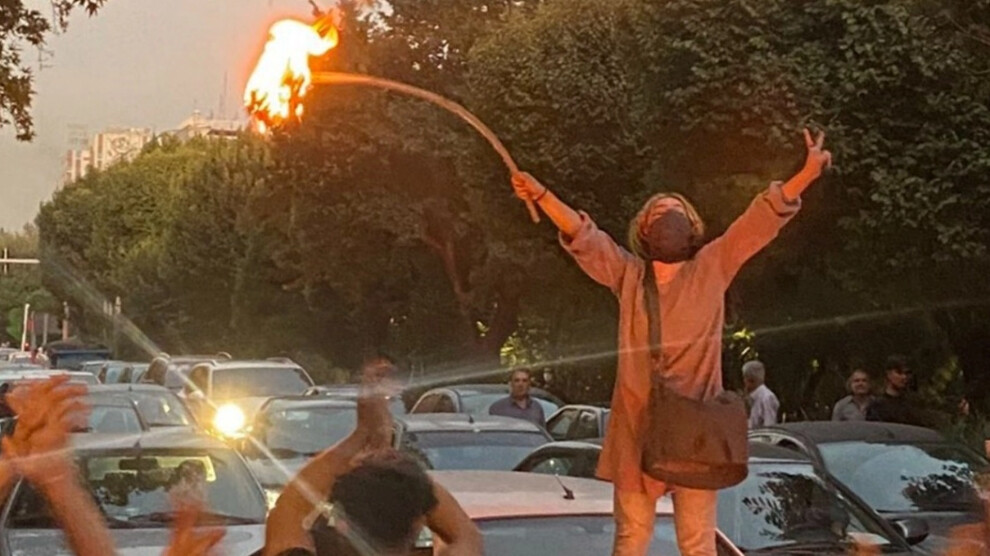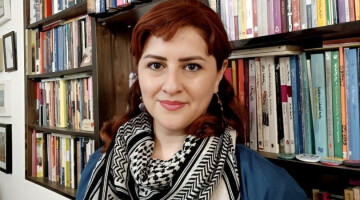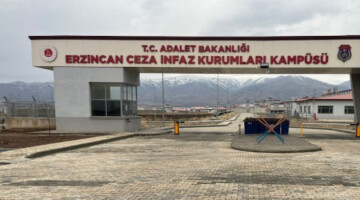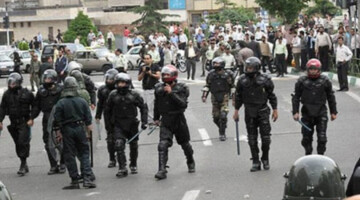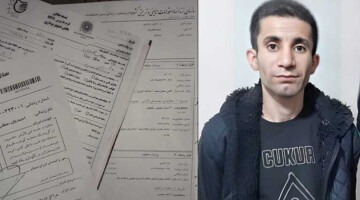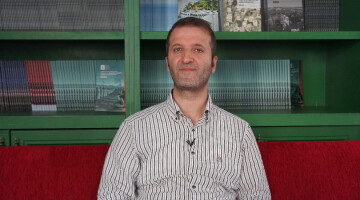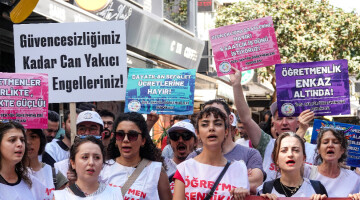The bravery of protesters facing a spiralling deadly response by the Iranian security forces over the past days after the death of Mahsa Amini reveals the extent of outrage in Iran over abusive compulsory veiling laws, unlawful killings, and widespread repression, Amnesty International said on Friday.
According to the organization, evidence gathered by the organization from the past two nights of fresh violence in 20 cities and 10 provinces across Iran points to a harrowing pattern of Iranian security forces deliberately and unlawfully firing live ammunition at protesters. With the death toll reaching at least 30 people, four of them children, the organization reiterated its calls for urgent global action, warning of the risk of further bloodshed amid a deliberately imposed Internet black out.
On the night of 21 September alone, shootings by security forces left at least 19 people dead, including at least three children. Amnesty International has reviewed photos and videos showing deceased victims with horrifying wounds in their heads, chests and stomachs.
“The rising death toll is an alarming indication of just how ruthless the authorities’ assault on human life has been under the darkness of the internet shutdown. There is no such thing as “an impartial investigation” within Iran. UN member states must go beyond toothless statements, hear the cries for justice from victims and human rights defenders in Iran and urgently set up an independent UN investigative mechanism,” said Heba Morayef, Middle East and North Africa Director at Amnesty International.
“The anger expressed on the streets has also shown how Iranians feel about the omnipresent so-called ‘morality police’ and compulsory veiling laws. It is high time for these discriminatory laws and the security forces enforcing them to be completely removed from Iranian society, for once and for all.”
Amnesty International has recorded the names of 19 people including three children shot dead by security forces on 21 September. The deaths of a further two people, including a 16-year-old bystander, have also been confirmed on 22 September. Further deaths are being investigated.
Echoing growing frustration at the international community’s failure to take meaningful action to address successive waves of protest killings in Iran, the father of Milan Haghigi, a 21-year-old man killed by security forces on 21 September, told Amnesty International: “People expect the UN to defend us and the protesters. I, too, can condemn [the Iranian authorities], the whole world can condemn them, but to what end this condemnation?”
According to eyewitness accounts, security forces involved in the deadly shootings include Revolutionary Guards agents, paramilitary Basij forces and plainclothes security officials. These security forces have fired live ammunition at protesters with the intention of dispersing, intimidating and punishing them or preventing them from entering state buildings. This is prohibited under international law which restricts the use of firearms to instances where their use is necessary in response to an imminent threat of death or serious injury, and only when less extreme means are insufficient.
In addition to the 19 people killed on 21 September, Amnesty International has recorded the names of two other people killed by security forces in Dehdasht, Kohgilouyeh and Bouyer Ahmad province on 22 September, including a 16-year-old bystander.
Since nation-wide protests were triggered by the death in police custody of 22-year-old Mahsa (Zhina) Amini after being violently arrested by Iran’s “morality police” in connection with discriminatory and degrading compulsory veiling laws, Amnesty International has recorded the names of 30 people killed by security forces: 22 men, four women and four children. The organization believes the real death toll is higher and investigating further.
Deaths were recorded in Alborz, Esfahan, Ilam, Kohgilouyeh and Bouyer Ahmad; Kermanshah; Kurdistan, Manzandan; Semnan; Tehran, West Azerbaijan provinces.

